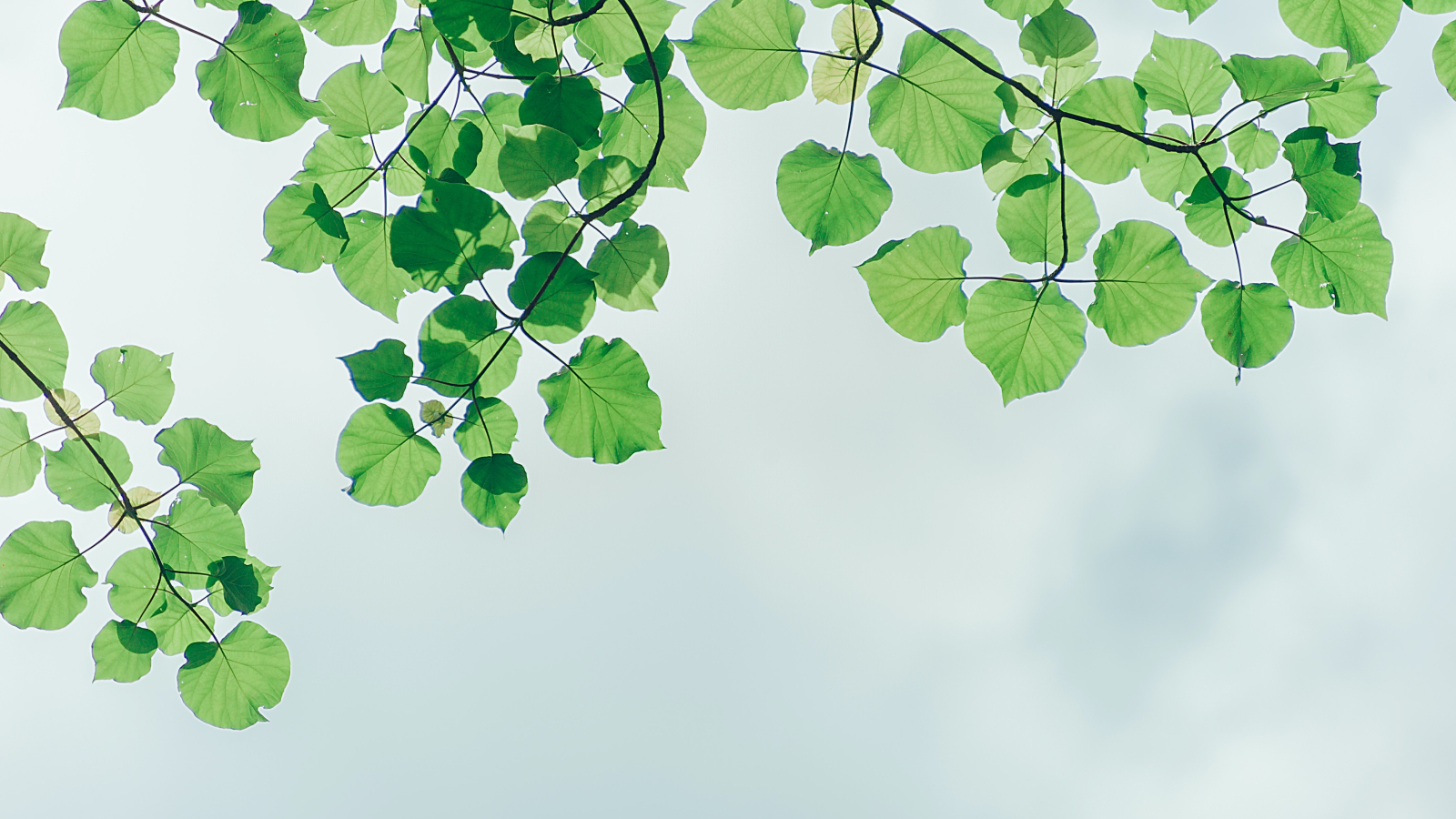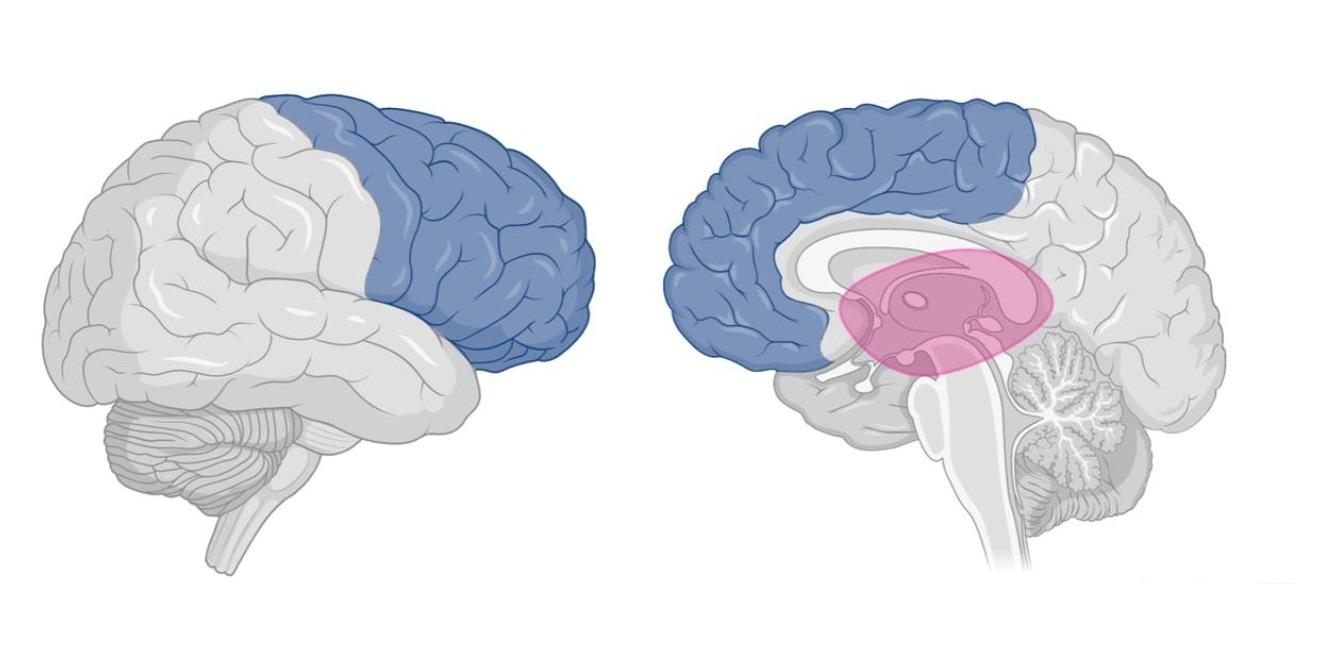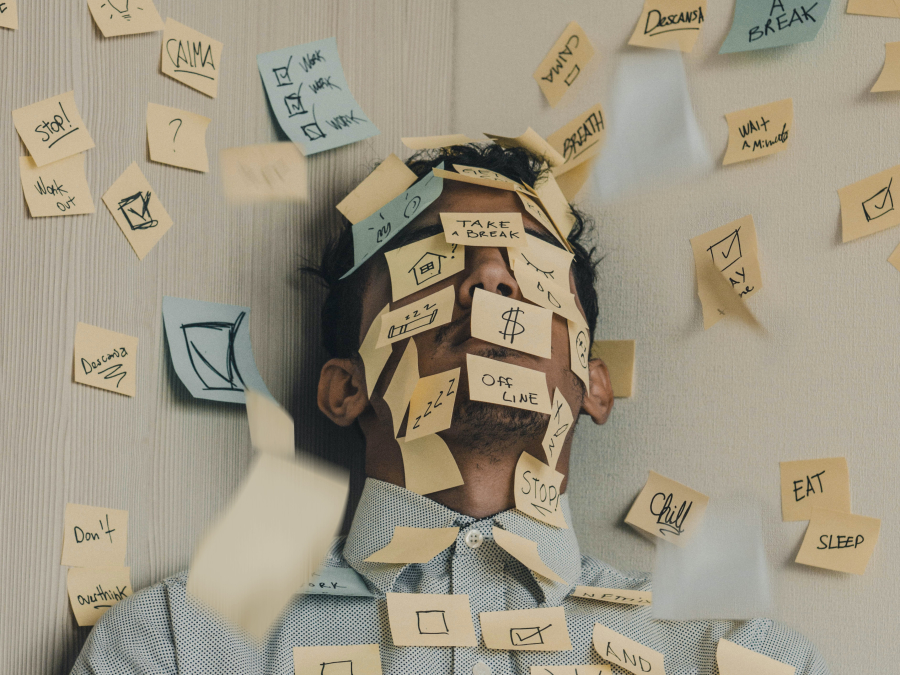Gen C – the COVID generation: risk or resilience?

It will be the second year in a row that a large group of adolescents will have neither end nor beginning to mark their transition from high school to university. This is quite problematic, considering that their whole being is focused on reaching out and connecting to other people, experiencing new things, and exploring the world. As adolescents are still developing, this group is particularly vulnerable to the consequences of the corona measures. The media have already labelled them "COVID generation" or the second "lost generation". Why is that? Are they really lost?
"When will things be normal again? This is taking too long... what if I am too old to be a student when all of this is over?"
- Student
"I'm not a girl, not yet a woman"
With this iconic line, Britney Spears has captured the essence of what it means to be an adolescent: it is a confusing transformative phase in which you develop from child to adult. Although you are physically mature, you are not quite there emotionally. It is therefore a special period in life: even the Ancient Greeks knew that. Socrates wrote: "…they have bad manners, contempt for authority: they show disrespect for elders and love chatter in place of exercise."
It was only twenty years ago that we came to discover that our brain can be blamed for our adolescent rebelliousness. Neuropsychologist Dr Michelle Achterberg (Erasmus SYNC lab) explains: "Not all brain regions develop at the same rate. First, the subcortical areas become active. They play an important role in impulsive and emotional behaviour, as well as in reward. In contrast, the prefrontal areas, those that are important for planning and impulse control, develop at a later stage. Our brains are not fully developed until we are 25 years old." From an evolutionary perspective, this is pretty smart of our brains. It allows us to experiment, take risks and make independent choices as we are slowly starting to find for our own place in society.
Adolescents are flexible, but this is taking quite some time
But adolescence is not only characterised by chances and opportunities, it is also a vulnerable period. That is insufficiently highlighted by the media, according to Michelle. Young people are quickly dismissed as resilient, and so "they will probably get through this." This will indeed be true for most, but that does not mean they are not having hard time too. "The image that the media portrays, that adolescents are depressed because they cannot go to parties anymore, is unfair. They worry a lot about their future: am I going to pass my studies? Will my diploma be worth the same in the future? What will be the effect of this pandemic on the economy and the climate? After all, this will be the generation that has to fix everything," Michelle states.
"I rather not think about my future. I have a huge debt, an overpriced room, the economy sucks, and I will probably never be able to buy a house."
- Student Niels
A recent study investigated the difference between adolescents' wellbeing between the first and second lockdown last year. PhD student Kayla Green (Erasmus SYNC lab) explains: "In May 2020, adolescents experienced more feelings of strength, compared to feelings of stress and depression. However, when we repeated the survey in November 2020, those feelings of strength had slightly decreased whereas feelings of stress and depression had somewhat increased, especially among young people. The flexibility that characterises this group is definitely not endless, as our results clearly reflect."
Look on the bright side
Still, there are also positive developments during the pandemic. When I asked students "What have you learned?", over 23% stated they have found a new hobby or acquired a valuable insight. Ranging from 'making homemade gnocchi' to 'appreciating the small things': students appear to be extraordinarily resourceful and find room within the restrictions. This also applies to Iris, graduation candidate and future UU student: "This summer, I will be working a lot, so I can start saving some money for my future move to Utrecht. If the rules allow, I will just go on holiday in the Netherlands."
The study of the SYNC lab also shows that adolescents find it important to be heard and to contribute to society during the pandemic. They have plenty of good ideas on how to achieve this: a 1.5 metre picnic in the schoolyard, a pilot with self-tests at the student society or a buddy system in which high school students are coupled with university students. And just like that, it seems that this generation is not nearly as lost as the media suggests.
--
How is it really going with our students? In this series of five articles, I talk with students and scientists in search of answers, scientific explanations, and useful tips. What impact does the pandemic have on the wellbeing and development of students? How does a lack of touch and intimacy affect you? How do the students like the online classes? And what does the "new normal" look like?









